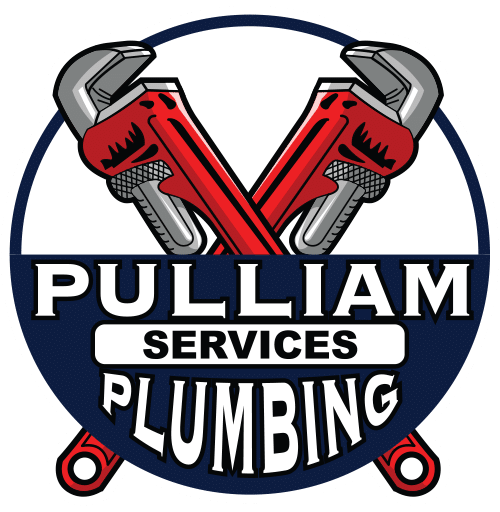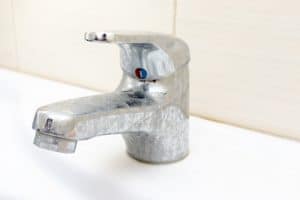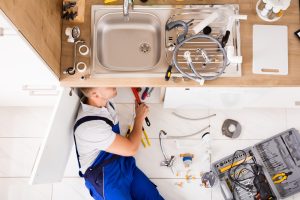Hard water, which contains high levels of minerals such as calcium and magnesium, can negatively impact your daily life by causing issues like skin irritation, appliance scale buildup, and unpleasant odors. To combat these problems, many homeowners are choosing to install water softeners that remove excess minerals and provide fresh, soft water for enhanced household health and quality of life. At the same time, proper repair, maintenance, and installation of water softeners are crucial to ensure their long-lasting efficiency and effectiveness.
In this expert guide, we, the highest-rated plumbing company in Boerne and Fair Oaks, Texas, aim to provide an informative and comprehensive look at water softener systems. We will explore the benefits of these appliances, discuss essential repair and maintenance strategies, and delve into the installation process to help you make informed decisions for your home’s water treatment needs. Our goal is to assist you in understanding the importance of water softeners, keeping them functioning optimally, and working with professionals when needed for an exceptional home water experience.
1. Benefits of Water Softeners in Modern Households
Water softeners offer several advantages to homeowners, including:
– Protecting appliances: By removing excess minerals, water softeners prevent scale buildup, ensuring that appliances like dishwashers and washing machines remain efficient and last longer.
– Enhancing water quality: Softened water can improve the taste and odor of drinking water, making it more enjoyable and beneficial for you and your family.
– Reducing skin irritations: Hard water can cause various skin issues, such as dryness and itchiness. Soft water helps alleviate these irritations, promoting better skin health.
– Saving on energy bills: Softening your water can also lead to reduced energy consumption, as appliances and water heaters work more efficiently without scale buildup.
These benefits make water softeners an increasingly popular choice among homeowners seeking a healthier and more comfortable living environment.
2. Common Water Softener Issues and Repair Tips
Like any appliance, water softeners may experience issues that require attention. Some common problems and associated repair tips include:
– Salt Bridges: Over time, salt can form a solid layer or “bridge” inside the brine tank, preventing proper water softening. Gently break up the salt bridge with a long, sturdy object, and adjust the salt dosage as needed.
– Resin Fouling: Iron, sediment, and organic compounds can lead to resin fouling, affecting water softening effectiveness. Regularly clean and recharge the resin bed according to the manufacturer’s guidelines.
– Inadequate Regeneration: If your water softener is not regenerating properly, check the control settings, inspect the brine line for blockages, and ensure there’s enough salt in the brine tank.
– Malfunctioning Control Valve: Issues with the control valve may prevent the water softener from operating. Consult your owner’s manual for guidance on maintaining and troubleshooting the control valve.
Identifying these common problems enables you to apply appropriate DIY fixes or determine when it’s time to consult a professional.
3. Essential Water Softener Maintenance Best Practices
Regular maintenance is crucial in prolonging the life and efficiency of your water softener. Incorporate these best practices into your routine:
– Inspection: Check the brine tank, resin bed, and control valve for any visible issues, such as cracks, leaks, or blockages.
– Salt Refilling: Monitor salt levels in the brine tank, and replenish as needed, ensuring you use the correct type of salt recommended by the manufacturer.
– Cleaning: Regularly clean the brine tank, resin bed, and control valve components according to the manufacturer’s instructions to prevent buildup and fouling.
– Settings: Review the control settings and adjust them as needed to suit your household’s water usage and hardness levels.
Following these maintenance practices helps ensure the ongoing efficiency and effectiveness of your water softening system.
4. Important Factors to Consider When Installing a Water Softener
Before installing a water softener, consider these crucial factors:
– Water Hardness Level: Test your water’s hardness level to determine the necessary capacity and settings for your water softener.
– Type of Softener: Research the various types of water softeners available, such as ion-exchange, salt-free, and magnetic models, to choose the most suitable option for your home.
– Space Requirements: Determine the appropriate location and space requirements for the installation, including access to a power source and drainage system.
– Professional Installation: Hire a reputable plumbing company with experience in water softener installation to ensure a seamless, efficient setup and adherence to local building codes.
Considering these factors helps ensure a successful water softener installation tailored to your home’s needs.
Conclusion
Effective repair, maintenance, and installation of water softeners are crucial for a healthy household. By recognizing the benefits they offer, understanding common issues, implementing regular maintenance, and working with professionals when needed, you can enjoy clean, soft water for the entirety of your home. Trust our expert guidance to assist you in making informed decisions about your water treatment needs.
If you’re considering installing a water softener or need expert repair and maintenance services, don’t hesitate to contact our expert plumbers in Boerne, TX. Our team of highly rated-plumbers at Pulliam Plumbing is ready to provide exceptional assistance with all your water-softening needs.




